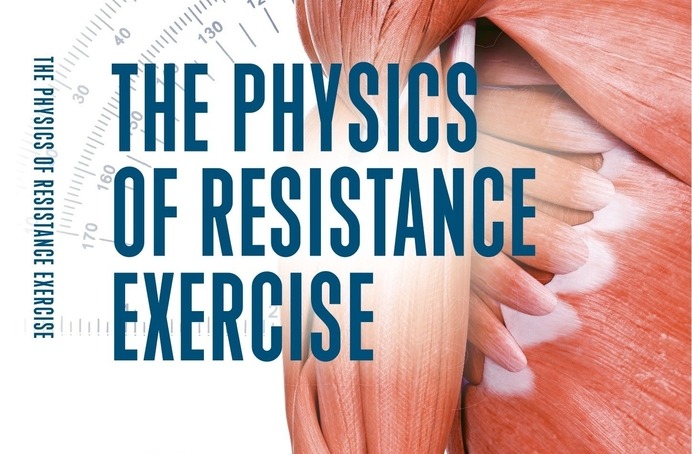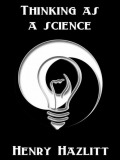Book

The Physics of Resistance Exercise
Every year, countless individuals engage in a resistance training program in an attempt to either enlarge their muscle size for enhanced physical appearance, increase their muscle strength for improved athletic performance, or maintain the ability to perform the activities of daily living that are important to them.
aboutLiberty Portal
Liberty Portal is your gateway for free markets and free thinking. We aggregate open-sourced content to promote and popularize important people and lessons within the liberty movement.
suggested
Henry Hazlitt
Thinking As A Science

This book provides not only what one might expect, namely, instruction in clear, logical thinking, advice on pitfalls to avoid, information about errors of analogy and definition, and so on, but stands also as a guide for good reading and writing. Laying out a method of how to think effectively from problem to solution, Hazlitt gives us a way to save time, or rather, how not to waste it in fruitless and fallacious diversions.
Read more
Murray Polner & Tom Woods
We Who Dared to Say No to War: American Antiwar Writing from 1812 to Now

We Who Dared to Say No to War uncovers some of the forgotten but compelling body of work from the American antiwar tradition—speeches, articles, poetry, book excerpts, political cartoons, and more—from people throughout our history who have opposed war. Beginning with the War of 1812, these selections cover every major American war up to the present and come from both the left and the right, from religious and secular viewpoints. There are many surprises, including a forgotten letter from a Christian theologian urging Confederate President Jefferson Davis to exempt Christians from the draft and a speech by Abraham Lincoln opposing the 1848 Mexican War. Among others, Daniel Webster, Mark Twain, Andrew Carnegie, Grover Cleveland, Eugene Debs, Robert Taft, Paul Craig Roberts, Patrick Buchanan, and Country Joe and the Fish make an appearance. This first-ever anthology of American antiwar writing offers the full range of the subject's richness and variety.
Read more
Designs for Health
Vitamin D Supreme 5000 IU

- Upgrade Your Vitamin D K - Each small easy-swallow capsule features clinically relevant amounts of bioavailable vitamin d3 (5000 IU), combined with 2000 mcg of vitamin K1 and K2. GG is also included as a complementary bone and immune supportive compound.* (Note: This product has been reformulated to include more vitamin K and GG).


